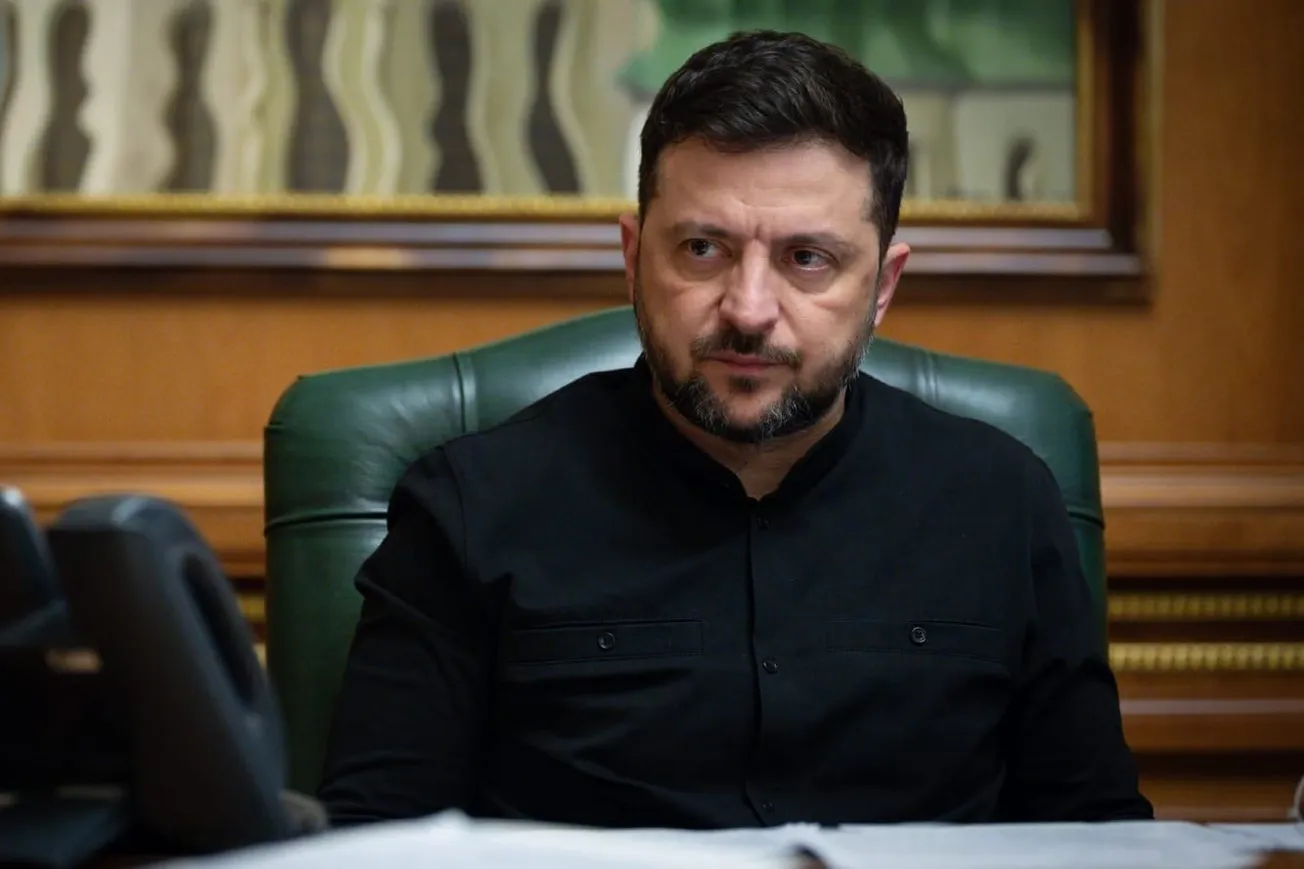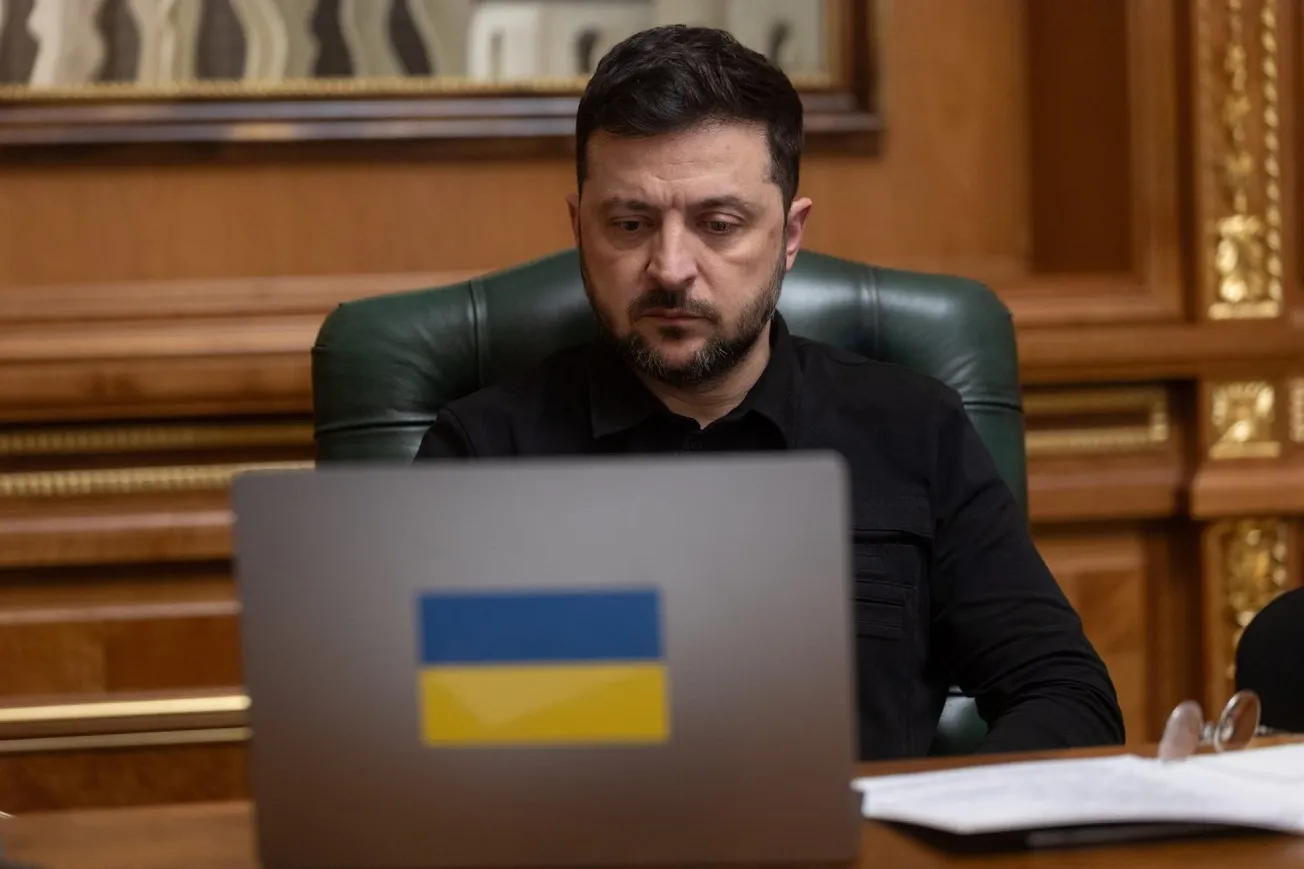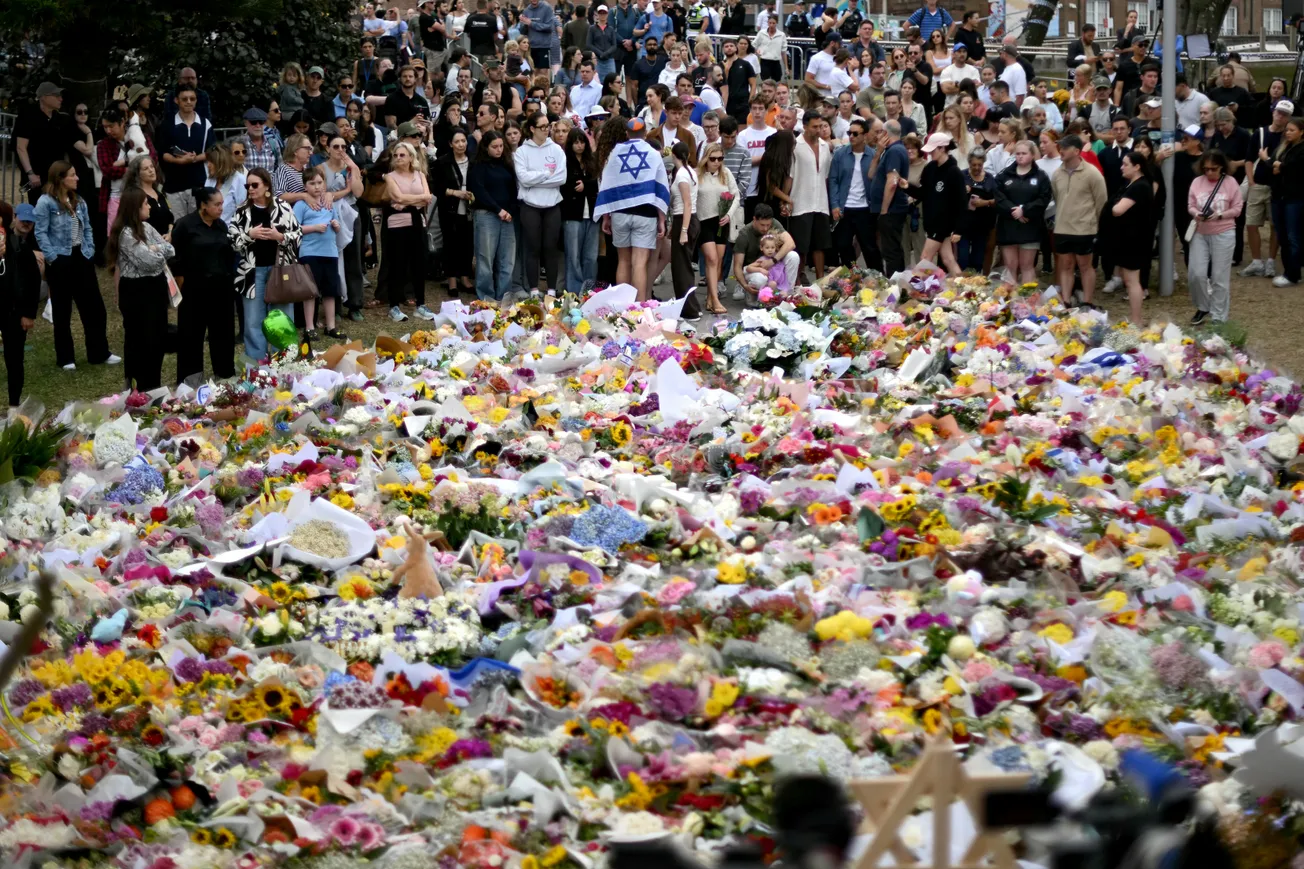Misinformation, disinformation, and propaganda are military tools as old as war. While both sides in the Russia-Ukraine war exaggerate their battlefield gains, American taxpayers expect the United States government to calibrate those claims and report progress honestly for the $116 billion in funds donated to the war effort. Along with NATO forces, America operates a vast regional intelligence network. With America's advanced electronic surveillance capabilities, even hard-to-reach areas of the theater should be within reach.
The Biden administration has repeatedly said that American operatives are not active in Ukraine except to provide logistics support, training, and advice regarding battlefield strategies. Western media, meanwhile, has been reporting from the frontlines since the war began.
Americans expect that media reports should accurately reflect the truth. So we examined ten New York Times headlines and the bylines that appear when one searches the newspaper's search page. We limited reporting to one battle only: Bakhmut. And we focused on a relatively short reporting period, from May 1 to May 25.
We found that the Times and its propaganda press cousins it leads are so aligned with the Biden and Zelenskyy administrations that daily reporting is horrendously and deliberately inaccurate. Ukrainian gains and Russian losses are vastly exaggerated; Russian gains and Ukrainian losses are heavily minimized, even not reported.
May 5: Russia and Ukraine each claim gains in Bakhmut.
May 12: Ukraine's advances near Bakhmut expose rifts in Russian forces.
May 14: Although the Ukrainians are making small gains, Russia still controls about 90 percent of the largely ruined city.
Our comment: This is the first time that the Times acknowledges the scale of the battle in the subhead, showing Russia's lopsided advantage.
May 17: Gains near Bakhmut raise Ukraine's hopes of a turning tide. The advances have been small, and Russians still hold most of the city, but Ukrainians say they see a meaningful shift in momentum.
Our comment: We are not military planners, but how could small gains erase Russia's dominant position holding the city and raise Ukraine's hopes? Isn't "hope" somewhat imprecise in war reporting?
May 17: Ukraine, this month, pressed ahead with three days of maneuvers that gained ground on the flanks of Bakhmut. But Russian forces still appear to hold the center of the strategic city.
Our comment: Notice how the reader is led to believe that Russia is only controlling the center of the "strategic" city, indicating demonstrable Ukrainian gains all around.
May 20: The head of the Russian paramilitary group Wagner said his forces had captured the eastern city, a claim Ukrainian officials were quick to deny even as they called the situation "critical."
Our comment: A lot has changed in three days of reporting. The reader is first introduced to the idea that Bakhmut is almost lost, but sufficient credence is given to the Ukrainian claim. Meanwhile, independent posts on social media all confirmed that Bakhmut had fallen.
May 22: Russia claims Bakhmut, but some see a 'Pyrrhic Victory.' A top Ukrainian official essentially acknowledged that the devastated city had been lost. Experts say that thousands of Ukrainian and Russian soldiers died there, but the cost for Moscow was especially steep.
Our comment: What was a "strategic" city five days ago is no longer important. Had Ukraine taken over Bakhmut, would the Times have called Ukraine's victory Pyrrhic?
May 24: Ukraine lost in Bakhmut. But it has much bigger plans.
Our comment: Final acknowledgment about a battlefield fact. But the propaganda continues. Since when have "much bigger plans" been more crucial than on-the-ground-reality?
It is impossible to scan any Western media outlet and not find similar styles of reporting. That the fourth estate, an independent entity with enormous powers vested in it by our Constitution, is not fairly reporting what is happening on the ground ought to shock the average American. How does one even know if America's intense entanglement in a foreign war is successful?
That answer came in a trial balloon released by the Times in Friday's late editions: Publicly, American and European officials are leaving any definition of success to President Volodymyr Zelensky of Ukraine. For now, Mr. Zelensky has not laid out any public goals, beyond his oft-stated demand that Russian troops must leave the whole of Ukraine. He is known as a master communicator; any perception that he is backing off that broad ambition would risk undermining his support at a critical moment.
So, American taxpayers are funding a foreign country's leader whose definition of success is entirely elastic. For $116 billion, Washington has refused to say what America's goals are. The average American can’t even demand what they will likely get for their investment.
In the meantime, Zelenskyy will continue to shame America into funding this war.
“If Ukraine would lose, if Russia would occupy Ukraine, Russia will continue going towards Baltic countries, Poland, etcetera,” Zelensky said in an interview with NBC News. “And they will start war with one of the NATO countries, and at this moment, the U.S. would have to choose the collapse of NATO or go to war.”
And when Zelenskyy says that "victory" is accomplished, Washington will invite him back to the White House and a joint address of Congress on a U.S. military plane. Next steps: How to fund Ukraine's reconstruction.
Like our insights? Show your support by becoming a paid subscriber!
Please email editor-tippinsights@technometrica.com









